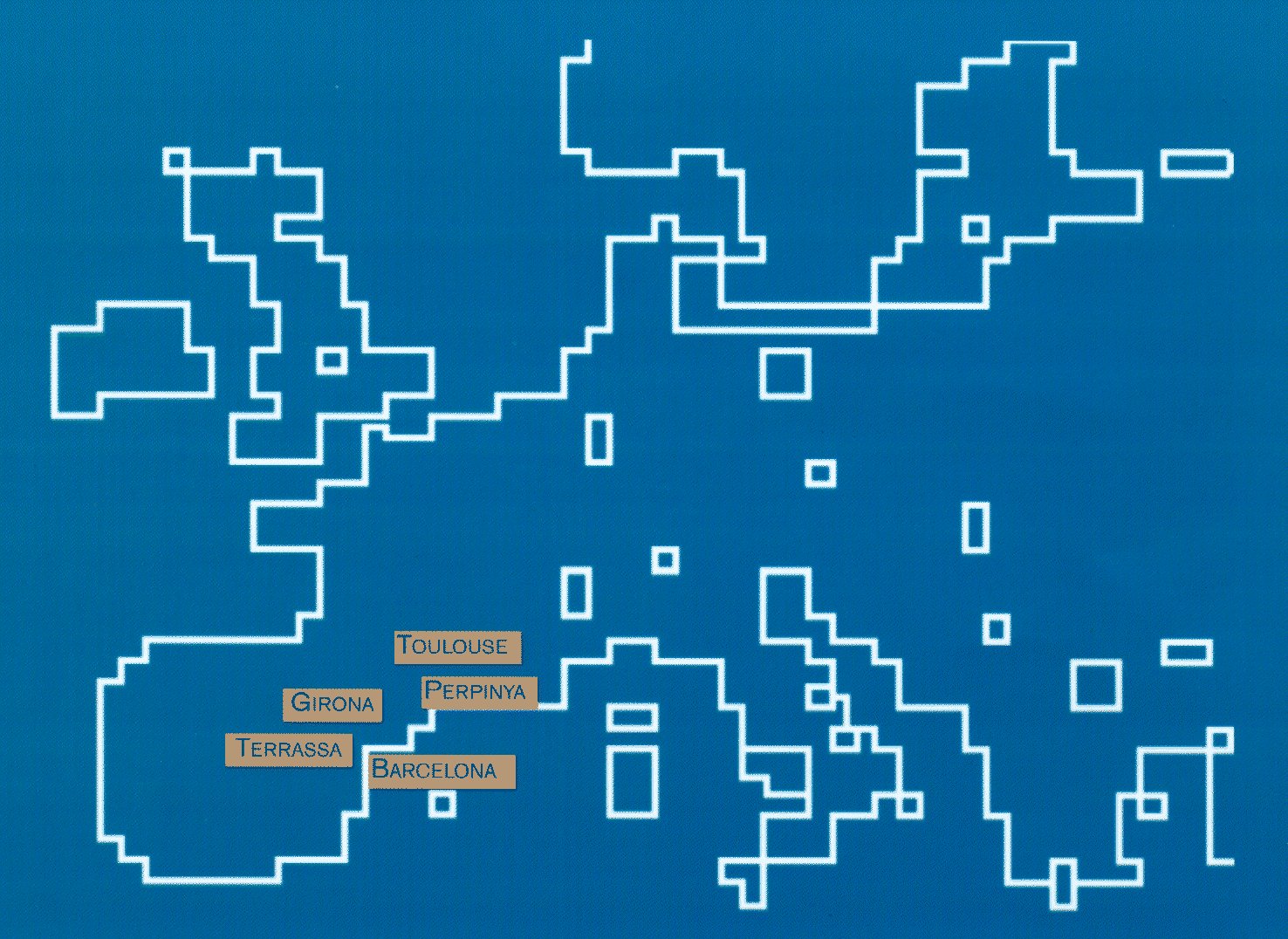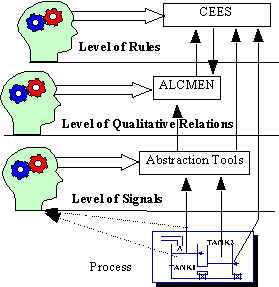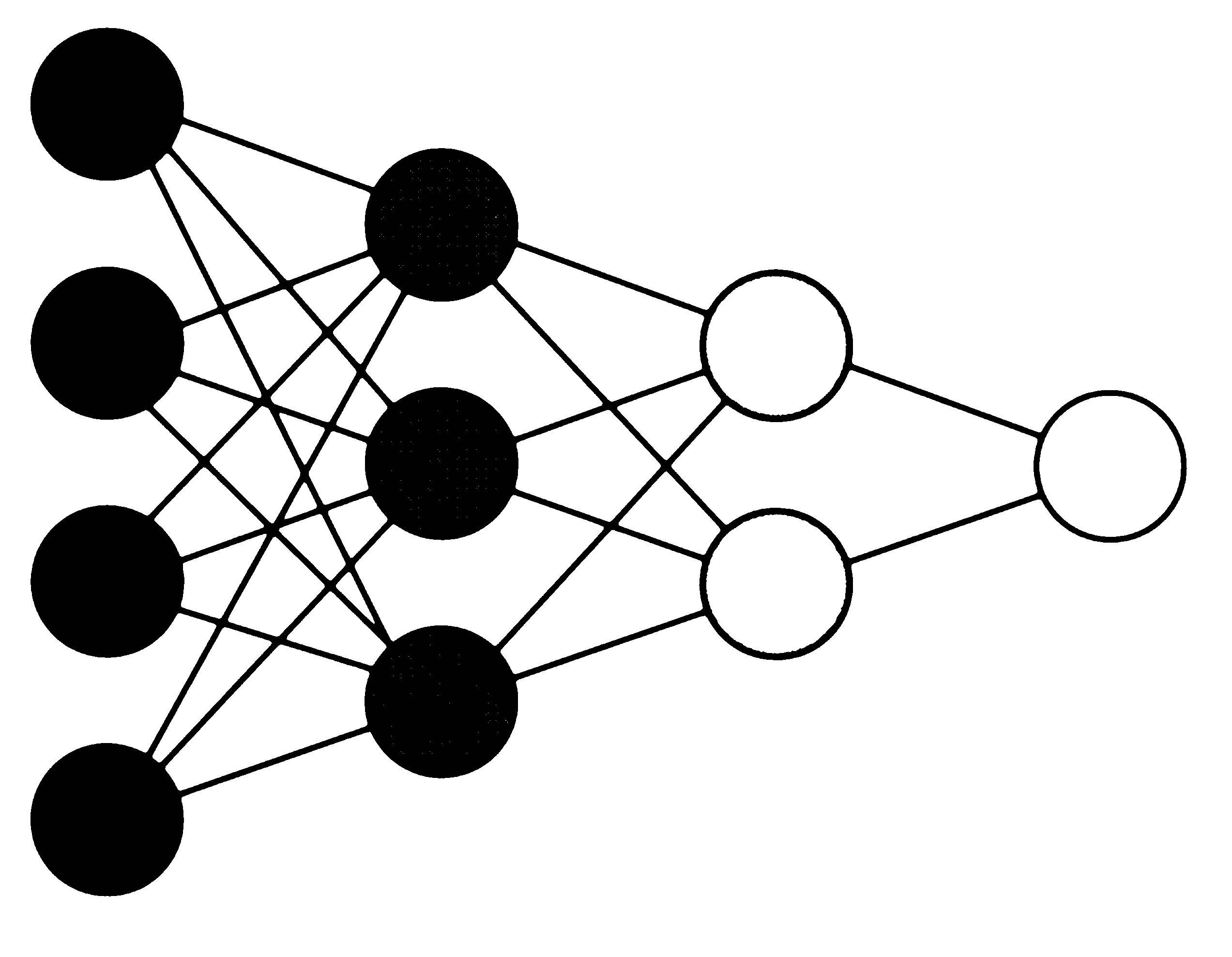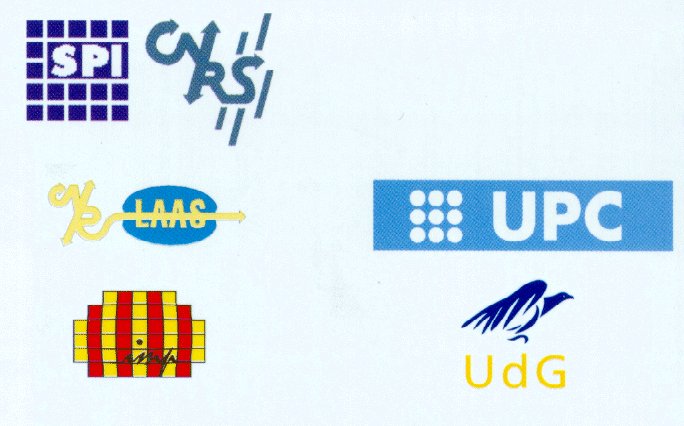-
Qualitative Formalisms
Qualitative algebra applied to dynamical system representation,
with the aim to obtain efficient qualitative
simulation tools. A particular interest is devoted to the modelisation
of physical and chemical processes, such as heat exchangers, distillation
columns, bioreactors, etc.
-
Connectionism and Learning
Neural network / statistical algorithms of classification are usually
not suited for mixed qualitative and numerical information. The same situation
appears when using new neural network approaches. The development of the
LAMDA (Logical Approach for Multivariable Data Association) methodology
based on fuzzy logic approaches, solves partially this situation. The LEA-SICA
programme is twofold: first, to improve the LAMDA methodology and second,
to apply it in the supervision of complex dynamical systems.
-
Hybrid Systems Simulation
LAAS has developed the qualitative simulator CA-EN. In his present
version it can be the basic structure for the introduction of new concepts
to be developed, particularly to handle uncertainties in highly connected
systems.
The explicitation of robust trajectory envelops that predict all the
possible behaviours and the introduction of a
fuzzy uncertainty representation and of convex set concepts are to
be investigated. Finally, the qualitative
semantic interpretation of trajectories leads to the field of hybrid
systems: even-based and continuous-state systems.
-
Intelligent Control and Supervision
The heading: SICA "Intelligent Systems and Advanced Control " has
been chosen in order to exhibit the essential aim of that laboratory, i.e.,
to improve complex system control and supervision by means of human-like
reasoning procedures. Therefore, the principal objective is to take advantage
of all the knowledge about a system either given by complete mathematical
models or by mere verbal descriptions. The KBPD methodology (Knowledge
Based
Process Description) was developed jointly by the groups that form
LEA-SICA in the framework of an ESPRIT project. This methodoloy considers
first the structural information about the process in mixed numerical and
symbolical form; then, the Knowledge Based Variable Analysis tools realise
an interface between event-based descriptions and continuous state systems.
-
Dynamical Systems Diagnosis
In the supervision of complex systems, diagnosis is a task that
deserves to be separated from the others because
of its particularities: backward reasoning, asyncronicity, deeper and
not previously determined reasoning, ...
In technical systems often diagnosis is equivalent to detection and
failure identification. However this is an important part of the diagnostic
process. In LEA-SICA this task includes the reasoning for search of the
causes of the failure. While fault detection can be the result of qualitative
simulation, cause searching is based on a causal model of the system, and
needs special forms of graph analysis. Even if no uncertainties are present,
combinatorial complexity makes the search inefficient, thus the research
in that topic includes uncertainty as well in the causal model
as in the heuristic search methodology.
-
Co-operative Systems and Agents
For complex task realisation, such as supervision and diagnosis,
the modularity of the algorithms is an important property in order to use
the best methodologies in the most appropiate situation. Object-oriented
software is one
of the most efficient paradigms. When the dynamical behaviour induces
several criteria and a multiplicity of local goals, the introduction of
some degree of autonomy in the control objects can take advantage of better
local efficiency.





